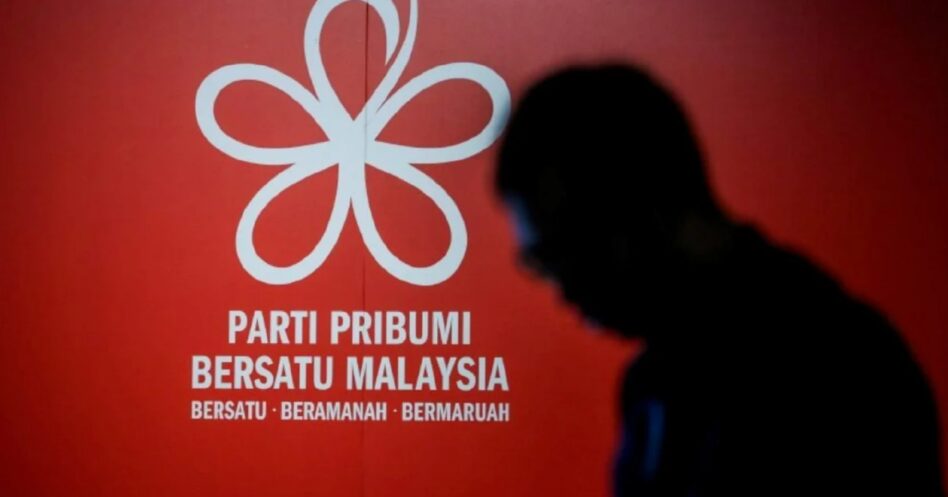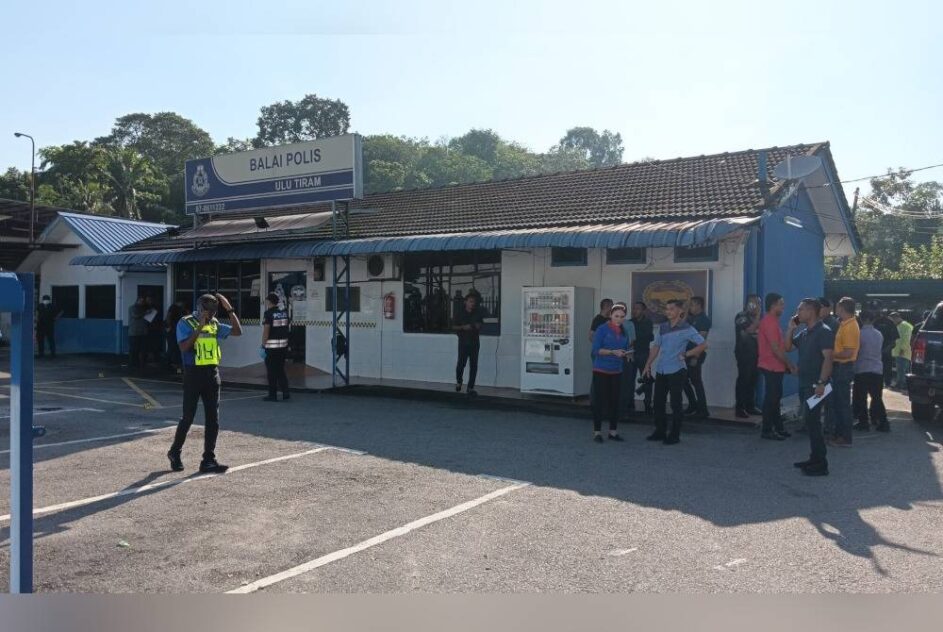SPURRED by the COVID-19 supply chain factor, the Malaysian healthcare sector is cautiously poised to have a bright outlook in 2021.
Nevertheless, the first step to properly manage the COVID-19 supply and distribution chain has to do with transportation companies.
While Changi Airport is expected to be the regional hub for the distribution of COVID-19 vaccines from global suppliers, AmResearch expects the Kuala Lumpur International Airport (KLIA) to serve as the local hub for the distribution of vaccines within Malaysia.
“Local transporters will then take over and deliver the vaccines to distribution centres,” the research house sector noted in a healthcare sector update.
“While a deal concerning COVID-19 vaccine’s fill-finish process has yet to materialise, Duopharma Biotech Bhd and Pharmaniaga Bhd are favoured by the government to undertake these processes.
Thus far, Pharmaniaga has signed an agreement with Serum Institute of India to perform fill and finish processes for pneumococcal vaccines.
“We think that Pharmaniaga would be the main distributor of the COVID-19 vaccine to local hospitals,” suggested AmResearch. “However, we reckon that Pharmaniaga may appoint other companies to help distribute the vaccine all over Malaysia.”
In this space, the research house expects Apex Healthcare Bhd to be a beneficiary due to its solid distribution network and excellent past track record of distributing vaccines and other pharmaceutical products.
Moving on, AmResearch opined that private hospitals and clinics would also play a role in Malaysia’s COVID-19 vaccination programme. Among the candidates highlighted by the research house are KPJ Healthcare Bhd and IHH Healthcare Bhd.
“This is due to the cold chain facility, logistical and manpower limitations of the public sector,” justified the research house.
“We think that private healthcare providers may receive a fixed fee from the Government in return for their service, though we doubt that operating profit margins would be high due to this being a national service.”
More broadly, the Malaysian Government has procured Pfizer, AstraZeneca and COVAX-sourced vaccines for 40% of its population.
Negotiations are ongoing with CanSino, Sinovac (China) and the Gamaleya National Centre (Russia) to provide vaccines for another 40% of the population.
Malaysia is expected to receive its first batch of one million doses of the Pfizer Inc/BioNTech COVID-19 vaccine in February 2021.
The National Pharmaceutical Regulatory Agency (NPRA) is responsible in ensuring all products are evaluated and tested properly before being registered for the Malaysian market.
“Given the need for speed, the priority review will most likely be used for quicker approval of COVID-19 vaccines,” projected AmResearch. “We believe the first batch of vaccines will be administered in 2Q 2021 or 3Q 2021.”
All-in, AmResearch maintained its “overweight” rating on the healthcare sector with its top pick being IHH for its (i) strong recovery potential in 4Q FY2020 and FY2021E; (ii) expansionary outlook; (iii) effective cost-cutting and capital efficiency methods; and (iv) its position in the premium segment of the private healthcare sector.
“Our DCF (discounted cash flow)-based fair value for IHH is RM6.25/share,” added the research house. – Jan 6, 2021










